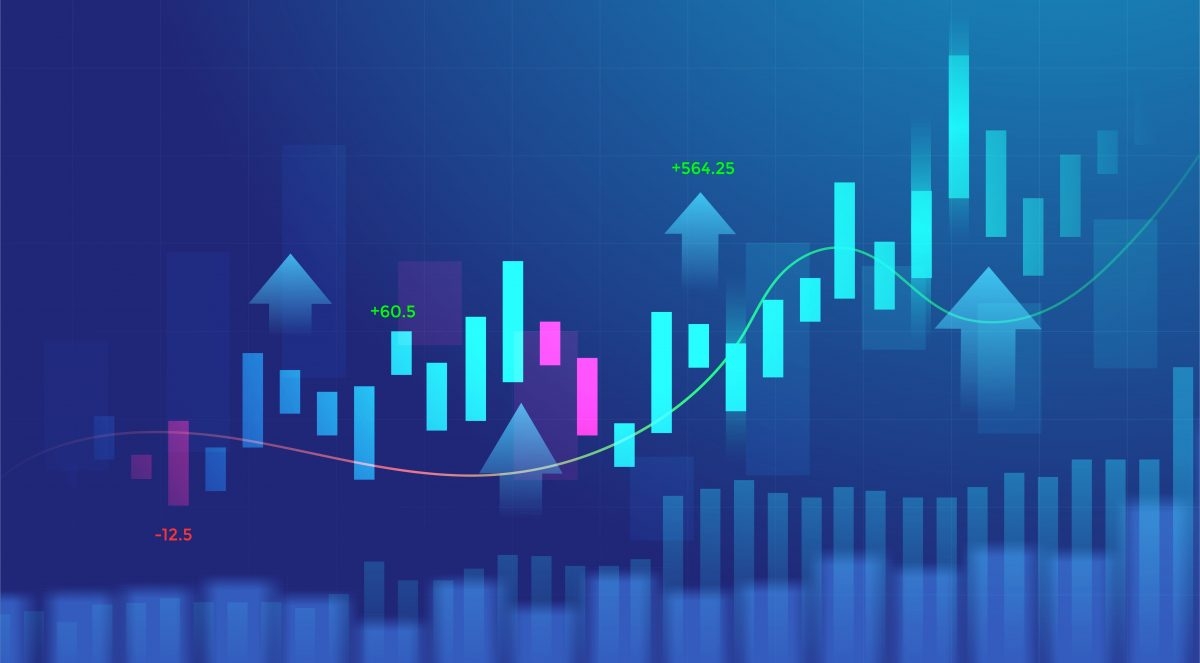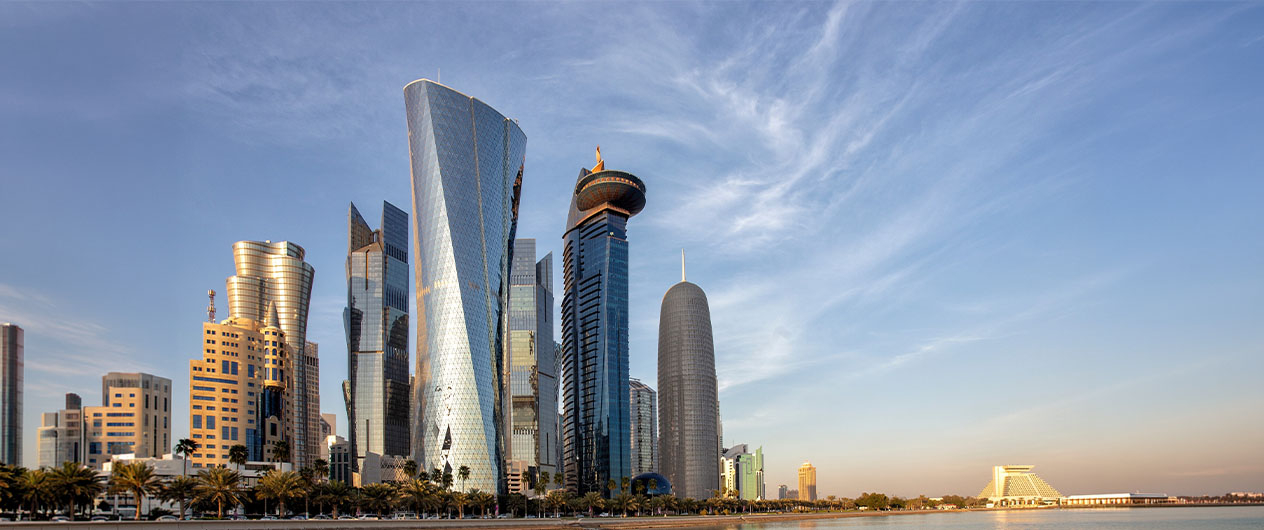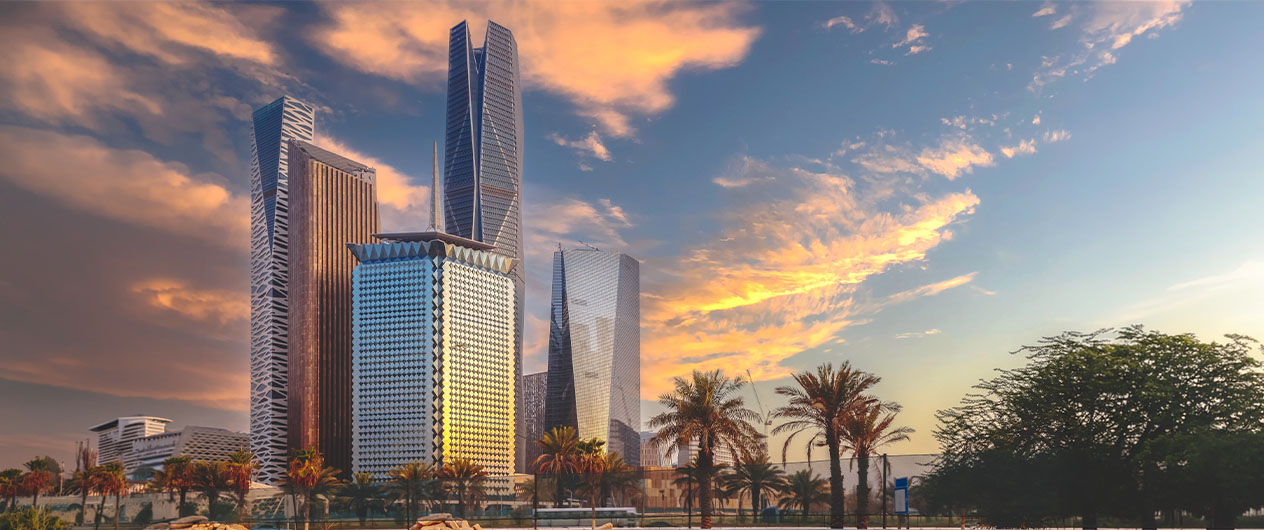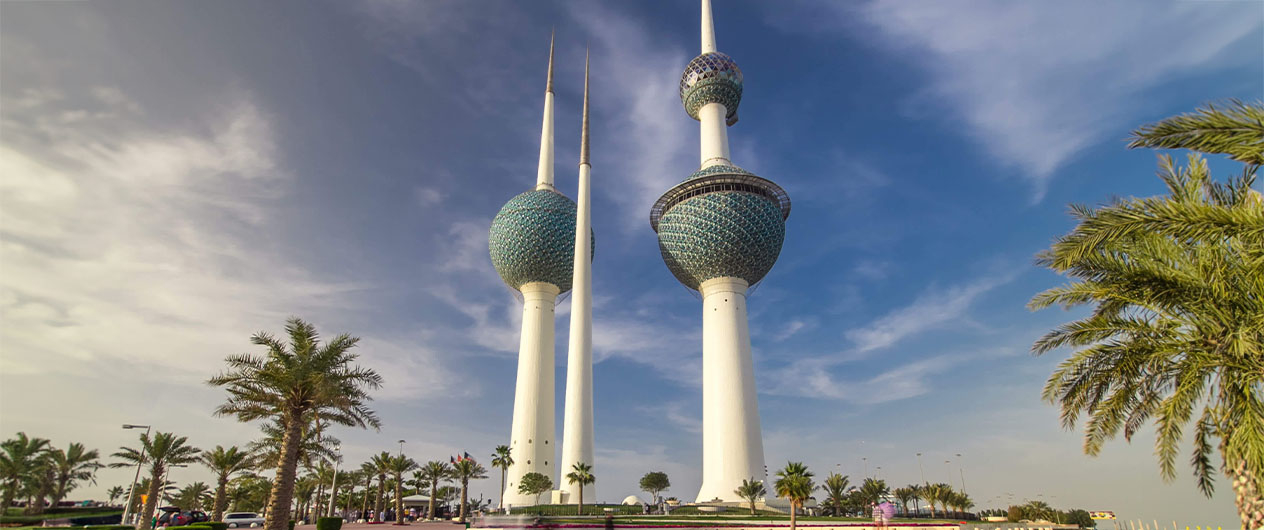Fresh listings could reinvigorate Islamic equity capital markets

Marmore Team
07 July 2021
This article was originally published in Islamic Finance news (IFN)
GCC regional equity markets continue to scale new peaks buoyed by global rally and increasing oil prices. S&P GCC Composite Index, an index, has gained over 20% for the year. Liquidity glut sloshing around global markets has fuelled the rally. Following the COVID-19 pandemic, central banks worldwide eased money supply and increased the availability of credit at near zero interest rates to stem economic fallout.
However, the capital has found its way into financial markets, stoking concerns of asset price inflation. Supportive factors such as roll out of vaccination programs and announcement of reform measures have aided the market momentum. The full economic impact of COVID-19 pandemic is yet to be reflected in corporate earnings, as the loan deferral programs have been extended several times to provide relief to SMEs, banks and stressed out sectors. Once the true picture emerges, market valuations that currently are at a premium may revert to historical averages.
Capital markets in the region should be enablers of capital raising. We have witnessed a vibrant and robust debt issuances especially Sukuks in 2020 in response to increasing deficits. However, we cannot say the same for equity issuances.
However, with easy monetary policies unlikely to be reversed anytime soon and asset price inflation being the order of the day, it may be worthwhile to stem the spate of delisting and steer efforts towards increasing the supply of equity stock in the GCC region.
Spate of delisting
Recently, Investcorp Holdings that manages more than US$35 billion volunteered to delist from Bahrain bourse in response to low trading volumes. Similarly, in Dubai Financial Market firms including Emaar Malls and DXB entertainment that operates theme parks and resorts wanted to go private. Earlier in Nasdaq Dubai, DP World went private and Emirate REIT was considering delisting from Nasdaq Dubai. Apparently, the operational costs of being listed, and its associated disclosure and transparency requirements are being commensurate enough with the advantages of being listed.
However, for an emerging region such as the GCC, which has huge infrastructural investment needs a buoyant and active capital market is critical where Islamic financing can play a key role. Active capital markets would be prime institution that could cost effectively allocate savings into investments as seen by sovereign Sukuk issuances even with poor credit rating like that of Oman. The current spate of delisting moves needs to be arrested and investor confidence revived. To this end, the lopsided structure of the current equity market that is dominated by banking companies needs to be tackled. Large private companies, state owned enterprises and new age start-ups could be encouraged to list to expand the market breadth.
Governments could take lead and divest stakes at prime valuations
Disruption caused by COVID-19 led to a slump in new equity issuances (IPOs) in the GCC region. In 2020, the GCC region witnessed only seven IPOs that in aggregate raised US$1,776 million as against twelve issues that in aggregate raised US$33,033 million, a year earlier (EY Mena IPO Eye). With most GCC markets trading at high valuation multiples, governments could take the lead by selling their stakes in key state holding companies. In addition to raising capital to boost the state coffers, the move could provide an impetus to acceleration of privatization programs. Consequently, privatization of state assets could enhance thrust on value enhancement to the benefit of all stakeholders. GCC governments will be well advised to factor Islamic debt issuances as well in order to achieve capital structure balance for large PPP projects.
New age companies could evince investors’ interest
Shares in public entities belong primarily to old businesses that are capital intensive and they may not elicit the kind of response as the new-age businesses that are capital light and digitally driven. Every crisis presents an opportunity and the COVID-19 shakeout could propel certain start-ups/businesses to the forefront. Venture capital and private equity firms that hitherto had catered to the capital needs of start-ups in the region could make use of the current environment to take them public.
For long, despite being included in MSCI Emerging Market (EM) Index, the regional markets have remained under weight in investor’s portfolio. GCC countries in aggregate account for approximately five percent of weight in the MSCI EM index. However, this is quite low in comparison to that of countries such as China (37%), Taiwan (13.8%), South Korea (13.1%) and India (10.0%) (Weights based on iShares Emerging Market ETF). With the emergence of ESG investing, the energy sector is seeing diminished interest from global fund managers with the EM index allocating only 5.3% to the sector while the tech sector leads with 36%. In the context of GCC, Islamic products can be a superior substitute for ESG as it enjoys longer history of ethical investing.
The region has its share of success in technology space. UAE-based Emerging Markets Property Group (EMPG) that operates the digital platforms such as zamee.com, bayut.com, mubawaba.ma, Kaidee, Lamudi and Dubizzle is a unicorn (worth over a billion USD). International players had earlier acquired the region’s successful start-ups such as Talabat, Careem and Souq. Addressing the poor representation of GCC companies in the listed technology space could enthuse new vigour in the regional capital markets including Islamic market.




